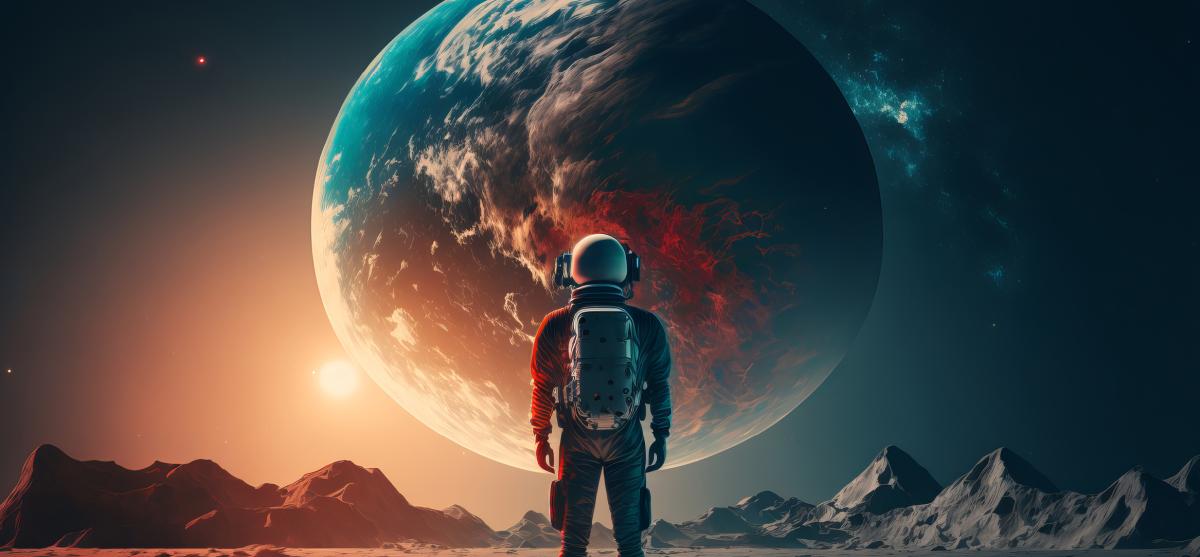Deep Space Exploration
The last time humanity visited the Moon was during NASA's Apollo 17 mission in
December 1972. This mission marked the end of the Apollo lunar program and the
sixth successful crewed Moon landing. Since then, the experience gained from Apollo
has laid the groundwork for modern space exploration. Technologies developed for
these missions, such as spacecraft design, life support systems, and navigation,
have been adapted for deeper space exploration. This foundation has enabled new
endeavors like the Artemis program, aiming to return humans to the Moon, and has
spurred robotic missions to Mars and beyond, pushing the boundaries of our
understanding of the cosmos. The NASA program is currently working alogside
other programs such as SpaceX to further explore
the endless expanses above us.
Events
- 1969-07-20: Apollo 11 mission lands humans on the Moon for the first time.
- 1972-12-11: Apollo 17 mission lands humans on the Moon for the last time.
- 1998-12-24: Mars Polar Lander mission lands on Mars but is lost due to a parachute failure.
- 2003-01-14: Mars Odyssey mission enters Mars orbit, providing valuable data on the planet's geology and atmosphere.
- 2020-07-20: SpaceX Starship prototype SN15 lands successfully, marking a major milestone in the development of reusable space transportation.
| Planet |
Year Length |
Day Length |
| Mercury |
88 days |
59 days |
| Venus |
255 days |
243 days |
| Earth |
365 days |
24 hours |
| Mars |
687 days |
24.6 hours |
Rocket Thrust = m Ve+ (pe - p0) Ae
A = Area
p = Pressure
V = Exit Velocity
m = Mass FLow Rate

